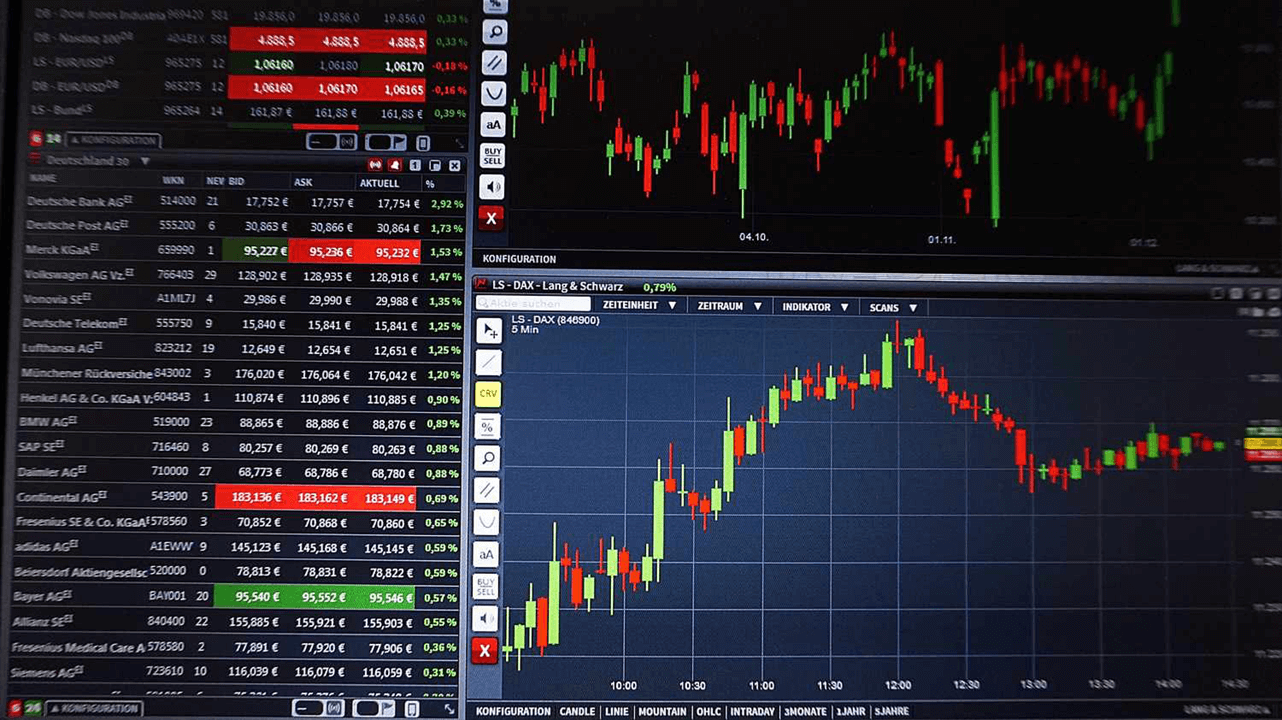Introduction
Welcome to the world of Forex trading! Whether you’re a novice or a seasoned trader, understanding the key Forex trading terms is crucial for navigating the dynamic and ever-changing market. In this comprehensive guide, we’ll break down the essential terminology that every trader should be familiar with.

Understanding the Basics
The Forex Market Overview
The Forex market, short for foreign exchange, is where currencies are traded. It’s the largest and most liquid financial market globally, open 24 hours a day, five days a week. Understanding its dynamics is fundamental to successful trading.
Major and Minor Currency Pairs
Currency pairs are divided into major and minor pairs. Majors involve major world currencies like the US Dollar, Euro, and Japanese Yen. Minors don’t include the US Dollar, creating unique trading opportunities.
Trading Platforms and Tools
MetaTrader 4 vs. MetaTrader 5
These popular trading platforms offer distinct features. MetaTrader 4 is user-friendly, while MetaTrader 5 provides advanced tools, catering to different trader preferences.
Forex Indicators Demystified
Indicators help traders analyze market trends. Learn about Moving Averages, Relative Strength Index (RSI), and other essential indicators.
Candlestick Patterns: A Visual Guide
Candlestick patterns offer insights into market sentiment. Grasp the basics of patterns like Doji, Hammer, and Shooting Star for informed decision-making.
Risk Management Strategies
Stop-Loss and Take-Profit Orders
Implementing stop-loss and take-profit orders is crucial for managing risks. Learn how to set them effectively to protect your investments.
Leverage and Margin Explained
While leverage amplifies profits, it also increases risks. Understand how to use leverage responsibly and the concept of margin in Forex trading.
Market Analysis Techniques
Fundamental Analysis
Explore the impact of economic events on currency prices. Master the art of interpreting economic indicators and news releases.
Technical Analysis Made Simple
Demystify technical analysis with key concepts like support and resistance, trendlines, and chart patterns.
Sentiment Analysis in Forex
Understanding market sentiment is vital. Learn how to gauge it through tools like the Commitment of Traders (COT) report.
Common Forex Trading Strategies
Scalping vs. Day Trading vs. Swing Trading
Discover the differences between short-term strategies like scalping, day trading, and the more extended approach of swing trading.
Trend Following Strategies
Explore strategies based on identifying and riding market trends for sustained profitability.
Breakout Trading Techniques
Learn how to identify breakout opportunities and capitalize on price movements.
Psychology of Forex Trading
Controlling Emotions in the Market
Emotional discipline is key to success. Explore strategies to manage fear, greed, and other emotions that can impact decision-making.
Overcoming Trading Fears
Address common fears like fear of loss and fear of missing out (FOMO) to build confidence in your trading decisions.
Regulatory Compliance
Understanding Forex Regulations
Ensure the security of your funds by understanding the regulatory landscape. Different countries have varying regulatory bodies overseeing Forex trading.
Choosing a Regulated Broker
Selecting a broker regulated by reputable authorities adds an extra layer of security. Explore the importance of regulatory compliance when choosing a broker.
Conclusion
Congratulations! You’ve now gained a comprehensive understanding of essential Forex trading terms. Remember, successful trading requires a combination of knowledge, strategy, and emotional control. Continuously educate yourself, stay informed, and adapt to the ever-evolving Forex market.
FAQs:
- Q: Can I trade Forex without using any technical indicators?
- A: While it’s possible, technical indicators provide valuable insights. Experiment with different strategies to find what works best for you.
- Q: How much capital do I need to start Forex trading?
- A: The amount varies, but it’s advisable to start with a capital you can afford to lose. Many brokers offer accounts with low minimum deposits.
- Q: Is Forex trading risky?
- A: Yes, Forex trading involves risk. However, with proper education, risk management, and strategy, you can mitigate potential losses.
- Q: Can I trade Forex full-time?
- A: Some traders do, but it requires significant dedication, knowledge, and experience. Many start by trading part-time while maintaining another source of income.
- Q: How often should I review my trading strategy?
- A: Regularly review your strategy, especially after significant market events. Adapt it as needed to align with your evolving understanding of the market




















